
This from NORML
While the prohibition of cannabis is absurd, the ban on the plant’s non-psychoactive components is even more mind-boggling — particularly when it’s apparent that these compounds possess amazing therapeutic properties. Case in point: cannabidiol (CBD).
A just published scientific review by Sao Paulo University (Brazil) researcher Antonio Zuardi reports that there’s been an “explosive increase” of interest in CBD over the past five years. It’s apparent why.
“Studies have suggested a wide range of possible therapeutic effects of cannabidiol on several conditions, including Parkinson’s disease,Alzheimer’s disease, cerebral ischemia, diabetes, rheumatoid arthritis, other inflammatory diseases, nausea and cancer,” Zuardi writes. Let’s look at a few of these in detail, shall we?
1. Antiepileptic action
“In 1973, a Brazilian group reported that CBD was active in … blocking convulsions produced in experimental animals.”
2. Sedative action
“In humans with insomnia, high doses of CBD increased sleep duration compared to placebo.”
3. Anxiolytic action
“CBD induce[s] a clear anxiolytic effect and a pattern of cerebral activity compatible with an anxiolytic activity.”
4. Antipsychcotic action
“[C]linical studies suggest that CBD is an effective, safe and well-tolerated alternative treatment for schizophrenic patients.”
5. Antidystonic action
“CBD … had antidystonic effects in humans when administered along with standard medication to five patients with dystonia, in an open study.”
6. Antioxidative action
“[I]t was demonstrated that CBD can reduce hydroperoxide-induced oxidative damage as well as or better than other antioxidants. CBD was more protective against glutamate neurotoxicity than either ascorbate or a-tocopherol, indicating that this drug is a potent antioxidant.”
7. Neuroprotective action
“A marked reduction in the cell survival was observed following exposure of cultured rat pheochromocytoma PC12 cells to beta-A peptide. Treatment of the cells with CBD prior to beta-A exposure significantly elevated the cell survival.”
8. Antiinflammatory action
“CBD, administered i.p. or orally, has blocked the progression of arthritis.”
9. Cardioprotective action
“CBD induces a substantial cardioprotective effect.”
10. Action on diabetes
“CBD treatment of NOD (non-obese diabetic) mice before the development of the disease reduced its incidence from 86% in the non-treated control mice to 30% in CBD-treated mice. … It was also observed that administration of CBD to 11-14 week old female NOD mice, which were either in a latent diabetes stage or had initial symptoms of diabetes, ameliorated the manifestations of the disease.”
11. Antiemetic action
“The expression of this conditioned retching reaction was completely suppressed by CBD and delta9-THC, but not by ondansetron, [an] antagonist that interferes with acute vomiting.”
12. Anticancer action
“A study of the effect of different cannabinoids on eight tumor cell lines, in vitro, has clearly indicated that, of the five natural compounds tested, CBD was the most potent inhibitor of cancer cell growth.”
In sum, the past 45 years of scientific study on CBD has revealed the compound to be non-toxic, non-psychoactive, and to possess a multitude of therapeutic properties. Yet, to this day it remains illegal to possess or use (and nearly impossible to study in US clinical trials) simply because it is associatedwith marijuana.
What possible advancements in medical treatment may have been achieved over the past decades had US government officials chosen to advance — rather than inhibit — clinical research into CBD (which, under federal law, remains a Schedule I drug defined as having “no currently accepted medical use”)? Perhaps it’s time someone asks John Walters or the DEA?













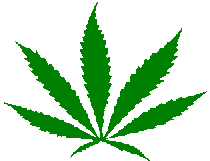


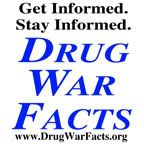
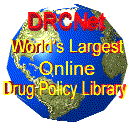
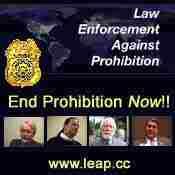
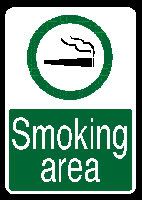

No comments:
Post a Comment